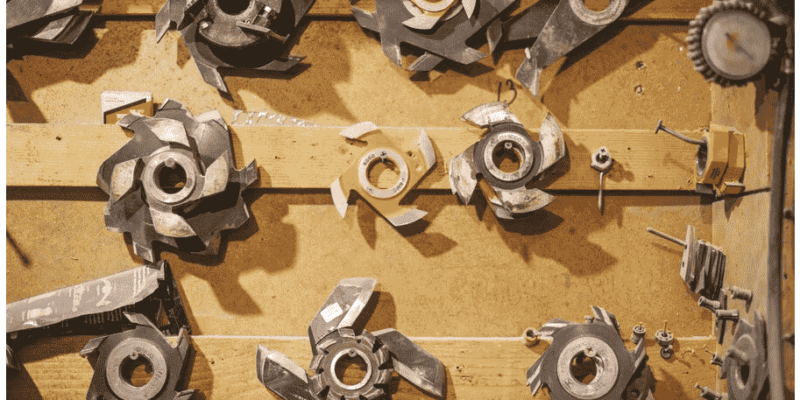In today’s automotive industry, maintaining strict quality control standards is critical for ensuring the performance, safety, and durability of vehicles. As cars become more complex, so do the components that make them function smoothly. Every part, whether small or large, must meet stringent quality specifications to prevent defects that could lead to malfunctions or safety issues. This is where automotive parts sorting & inspection services come into play. These services are designed to ensure that each part is inspected thoroughly, sorted for quality, and verified before being used in vehicle production. Effective Inspection Services reduce the risk of defects, prevent costly recalls, and ensure the overall quality of the final product.
Importance of Automotive Parts Sorting & Inspection Services
Automotive manufacturers deal with thousands of components, ranging from simple nuts and bolts to highly complex electronic systems. A single faulty part can disrupt an entire production line or, worse, cause malfunctions in a finished vehicle. Automotive Parts Sorting & Inspection Services provide a reliable solution to this problem by meticulously inspecting each part, identifying defects, and ensuring that only those meeting the required standards proceed to the assembly line.
By implementing Inspection Services early in the production process, manufacturers can detect and eliminate defective parts before they reach critical stages of production. This proactive approach not only saves time and resources but also ensures that customers receive vehicles built to the highest safety and performance standards.
Types of Inspection Services Used in the Automotive Industry
Several types of Inspection Services are employed in the automotive industry, each serving a specific purpose in maintaining quality control. The key types of inspection include:
- Visual Inspection: This is the simplest form of inspection, where parts are visually checked for obvious defects such as cracks, surface scratches, or deformities. Although basic, visual inspection plays a significant role in identifying parts that have visible flaws that could compromise the vehicle’s performance.
- Dimensional Inspection: Precision is crucial in automotive manufacturing. Dimensional Inspection Services use advanced measuring tools, including calipers, micrometers, and coordinate measuring machines (CMM), to ensure that each part conforms to exact size and shape requirements. This ensures that components fit together correctly during the assembly process.
- Non-Destructive Testing (NDT): Some defects, such as internal cracks or weaknesses, cannot be detected through visual or dimensional inspection. Non-Destructive Inspection Services utilize methods like X-rays, ultrasonic testing, and magnetic particle testing to identify hidden flaws within parts. NDT is especially important for critical components, such as engine parts, where undetected defects could lead to catastrophic failures.
- Functional Testing: Certain components, such as brakes or sensors, need to be tested in conditions that mimic real-world use to verify their functionality. Functional testing ensures that parts perform as expected under specific conditions, confirming that they meet performance and safety requirements before being integrated into the vehicle.
Benefits of Outsourcing Automotive Parts Sorting & Inspection Services
Many automotive manufacturers choose to outsource their Automotive Parts Sorting & Inspection Services to specialized companies. There are several advantages to this approach:
- Expertise: Third-party inspection companies have specialized knowledge and experience in detecting defects that might be missed by in-house teams. Their expertise ensures that inspections are thorough and accurate.
- Cost Savings: Outsourcing Inspection Services can reduce costs associated with purchasing expensive inspection equipment and training staff. This is especially beneficial for small to mid-sized manufacturers that may not have the resources to manage quality control internally.
- Scalability: As production volumes fluctuate, outsourced providers offer the flexibility to scale inspection services up or down depending on demand. This ensures that quality control keeps pace with production needs.
- Enhanced Accuracy: Specialized inspection companies often use advanced technologies, such as automated sorting systems and AI-based inspection tools, to detect even the smallest defects with high accuracy.
Conclusion
Maintaining quality control in the automotive industry is essential for ensuring the safety, performance, and reliability of vehicles. Automotive Parts Sorting & Inspection Services play a crucial role in this process by identifying and eliminating defective parts before they reach the assembly line. Through various types of inspection services, including visual inspection, dimensional analysis, non-destructive testing, and functional testing, manufacturers can maintain high standards and deliver better products to the market. Outsourcing these services provides additional benefits, such as cost savings, scalability, and access to advanced expertise, ensuring that the inspection process is efficient and effective.






Comments